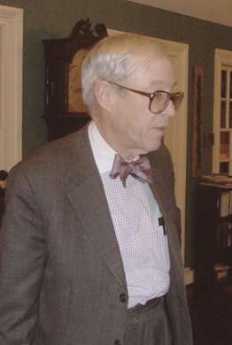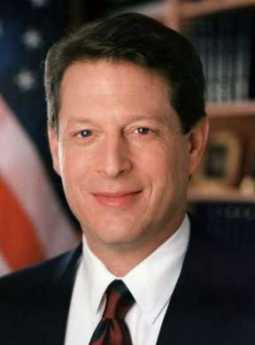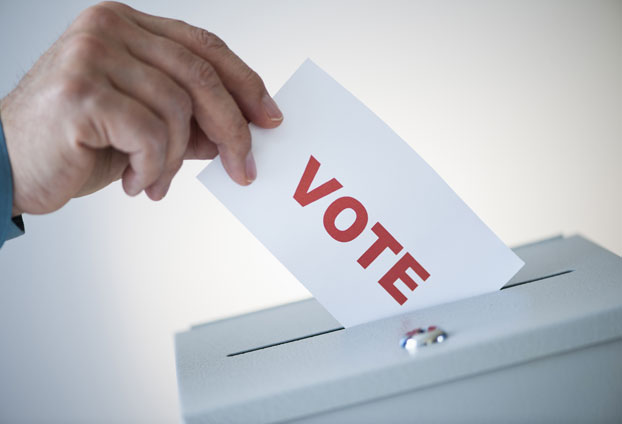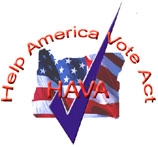Related Topics
Philadelphia Politics
Originally, politics had to do with the Proprietors, then the immigrants, then the King of England, then the establishment of the nation. Philadelphia first perfected the big-city political machine, which centers on bulk payments from utilities to the boss politician rather than small graft payments to individual office holders. More efficient that way.
Government Organization
Government Organization
Right Angle Club 2008
A report, to the year 2008 shareholders of the Right Angle Club of Philadelphia, by the outgoing president, Neale Bringhurst...
Unwritten Constitutional Modification
It is so difficult to amend the Constitution, we mostly don't do it. Our system is to have the Supreme Court migrate slowly through several small adjustments, watching the country respond. Occasionally we have imported new principles, sometimes not entirely wise ones, adopted without the same seasoning.
Vote Counting, Past and Future

|
| Greg Harvey |
The Right Angle Club was recently fascinated to hear Greg Harvey, a Montgomery McCracken expert on election laws, discuss the snarled Florida situation in the 2000 Presidential race, and the prospects for similar problems in upcoming elections. With the aid of retrospect, candidate Al Gore deserves much of the blame for his own loss, and the U.S. Supreme Court does seem to have terminated the uproar without affecting the final result.
A consortium of major newspapers funded an extensive investigation of the Florida election and were forced to agree that George W. Bush would probably have won that election no matter what. The central issue in these contests is the 35-day time limit to contesting elections. It is true that right or wrong, the country needs to settle its elections promptly and get on with its business. Furthermore, if a national election is so close that it takes months to decide the winner, there can't be a great deal of difference between the candidates, so who cares.

|
| Al Gore |
Looking back at the 2000 election with the leisure of time and appreciable resources, it is possible to see that Al Gore might have won that election if he had made several lucky choices in contesting its result. But it seems highly unlikely that anyone in his position would have been able to identify the winning combination of choices -- within the 35 day time allowed for pursuing them. He had to guess that ballots with two candidates marked ("over balloting") would pick up more Gore votes than ballots without an indicated choice ("under balloting"); he guessed wrong. He had to decide whether challenging late ballots from absentee military was worth the unpopularity of pursuing such a technicality to the disadvantage of soldiers serving overseas. His ticket-mate Joe Lieberman urged him to avoid that touchy issue which did prove to cost him some votes he needed. The decision was one to be proud of but is the main reason why his party faithfuls later turned rather viciously against Lieberman. A second wrong guess was to fail to go after the software mixup on invalidating the ballots of convicted felons. He might have picked up a couple of thousand votes, but only if willing to have the world learn that convicted felons are overwhelmingly pro-Democratic voters. The one decision he made that makes him look rather sappy to professional pols was to challenge ballots in the districts where he was already very popular.

|
| Vote |
Vote counters and poll watchers tend to be strong political partisans, usually drawn from the local district. When votes are ambiguous, these people lean in the direction of their party. Therefore, most party insiders would know immediately; if you challenge districts, challenge the districts which favor your opponent. Choices like this do have to be made. The thirty-five-day rule makes a challenger run out of enough time to look elsewhere if early guesses prove wrong. So, although it is possible in retrospect to construct for Gore a winning strategy for selective challenges, the newspaper consortium and the Supreme Court which pondered the choices before him rightly concluded he was destined to lose.

|
| HAVA |
Some of these lessons are enduring ones, but future elections face unexplored difficulties. A new election law (the Help America Vote Act, or "HAVA") sought to reform the election system by prohibiting the use of punch card ballots, requiring states to use auditable vote records and provisional ballots in doubtful cases, stricter voter identification methods, and statewide voter registration databases. In response to these record requirements, many states opted for complicated data in code, sequence-scrambled to prevent individual identification. In the event of a challenge, however, deciphering these records will be time-consuming, and the potential is created for the candidate who is initially ahead to stretch out the process until the challenge effort collapses at the 35-day time limit.
Several states, including Ohio, are thought to have the potential for very close 2008 results. In that particular state there are some complicated rules about voting in the "wrong" district, that is, to be registered in one district, but attempting to vote in another. It would not seem difficult to do a little of this on purpose, either as a voter, or an election registrar. It seems unlikely that very much challenge among the three possible culprits could be accomplished within thirty-five days of a contested election. So the challenger in Ohio would be faced with the same sort of impossible snap decisions that faced poor old Al Gore, surrounded by excited partisans shouting at the top of their voices.
So perhaps Greg Harvey's law school classmate Appellate Judge Richard Posner has a sustainable position on this. It was his judgment that the 2000 election was essentially a tie. Letting the Supreme Court decide it wasn't the worst possible choice.
www.Philadelphia-Reflections.com/blog/1515.htm
Originally published: Friday, September 12, 2008; most-recently modified: Sunday, July 21, 2019